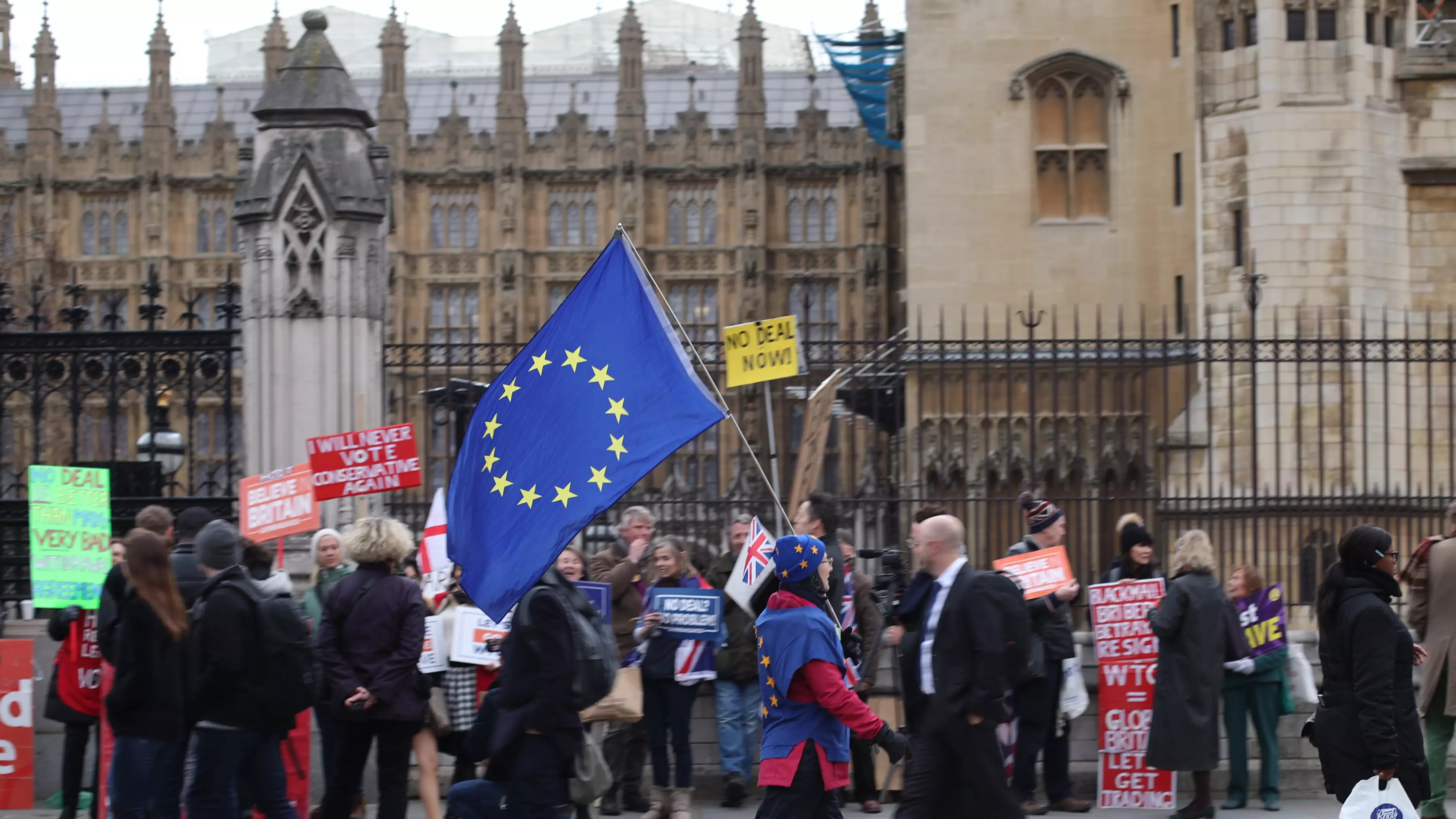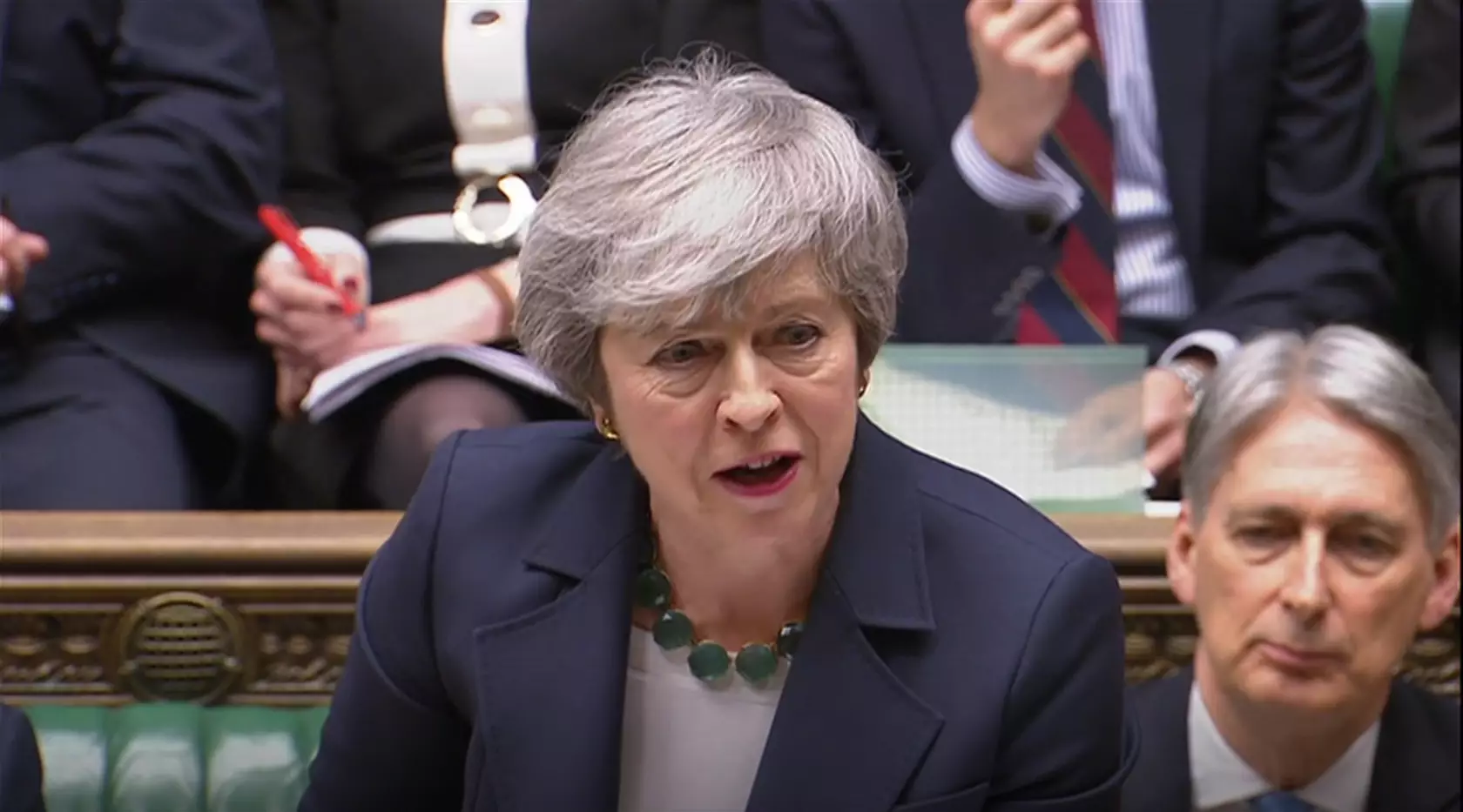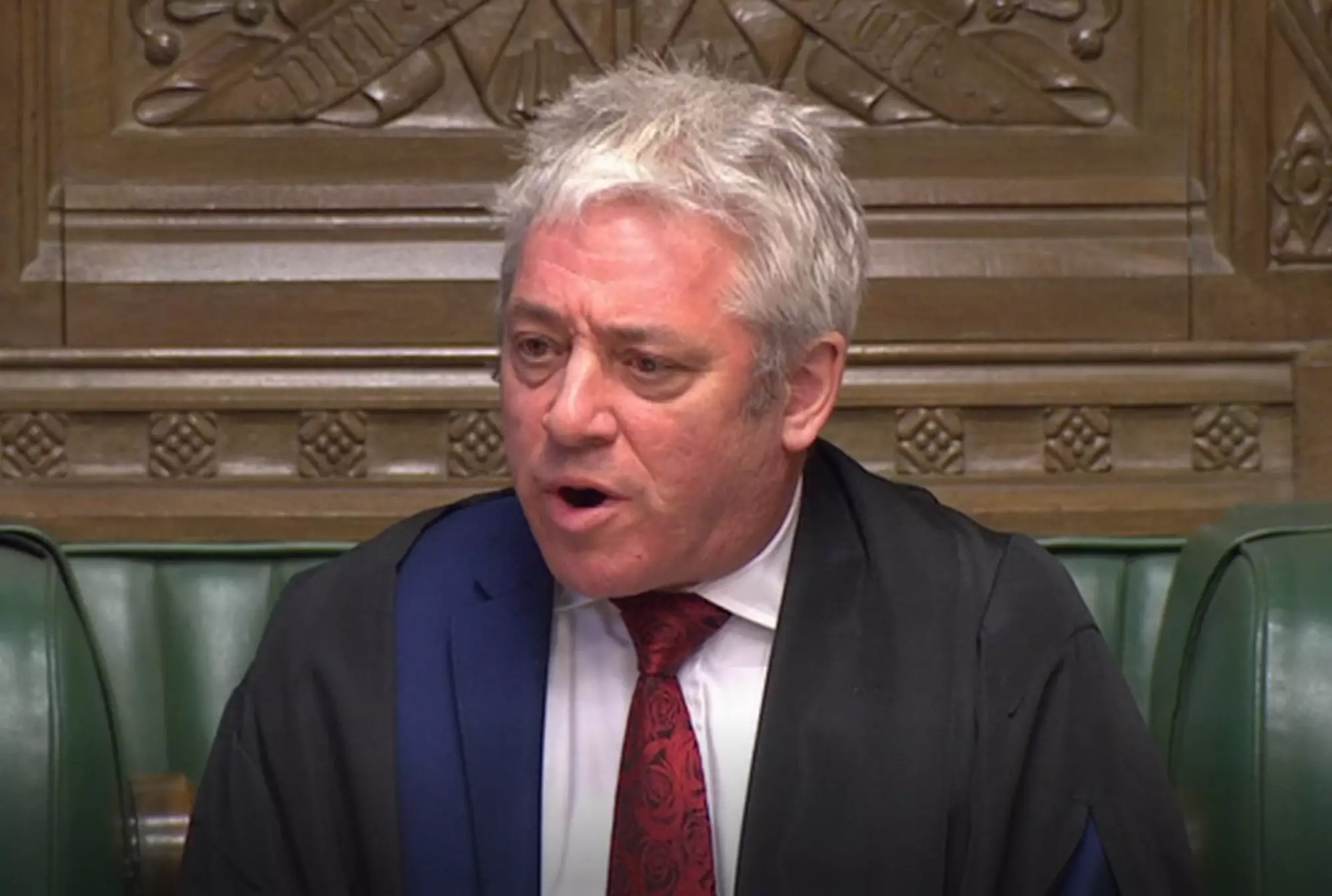
MPs have today voted against the UK leaving the European Union without a deal, prompting further uncertainty as to whether Brexit will happen on its initial deadline of 29 March.
A total of 321 MPs voted to reject any possibility of a no deal Brexit, with 278 casting their ballots the opposite way.
Prime Minister Theresa May told the Commons that this result does not change the central problem, adding that if MPs want to rule out no deal, they must then vote for a deal.
Advert
Following on from her address to Parliament following yesterday's vote, Mrs May reiterated that she had promised a vote on the possibility of extending article 50 - in other words, postponing Brexit.
If MPs are able to vote in favour of a deal, the government will opt for a short, technical extension. However, if they are unable to back a deal, a longer extension will be required.

Jeremy Corbyn, the Leader of the Opposition, said: "Let us find a solution to deal with the crisis facing this country and the deep concerns it faces."
Advert
Following a request from Conservative MP Jacob Rees-Mogg, a prominent Brexiter, the speaker John Bercow confirmed that a motion of the house does not override statute law.
The vote was being held to determine the Government's position on leaving without a deal by the March deadline set by Article 50, after the Prime Minister's proposed deal was heavily defeated in the House of Commons yesterday.
Parliament will now have its third major vote of the week tomorrow, where it will decide on extending the deadline of Article 50 beyond 29 March.
This means there is a chance Brexit could now be delayed, with MPs having to choose whether they want to postpone leaving the EU - and how long for.
Advert
However, it still leaves the country in a massive state of uncertainty. There is no clear plan that can be agreed upon by a majority of MPs, and the extension of Article 50 is subject to approval from all 27 EU Member States.

Should the extension be voted for by Parliament, and then approved by the EU, that still leaves big question marks as to how the Government proceeds. Theresa May's deal has been voted down twice now, by 230 and 149 votes respectively - two of the three biggest government defeats in history.
The Prime Minister insisted after yesterday's vote that extending Article 50 'doesn't solve the problems we face', while Jeremy Corbyn, the Leader of the Opposition, suggested it may be time for a general election.
Advert
Once the vote happens tomorrow on the possible delay of the UK's departure from the EU, it will become slightly clearer what the next steps are. That being said, we will still be a long way away from knowing the exact terms for Brexit - from the UK's trade agreement to freedom of movement - and when Brexit will actually happen.
Article 50 is the legal process that's used to leave the EU. Prime Minister Theresa May triggered it on 29 March 2017, giving the UK two years to negotiate its exit from the EU before it officially leaves.
Words: Alex Maxam